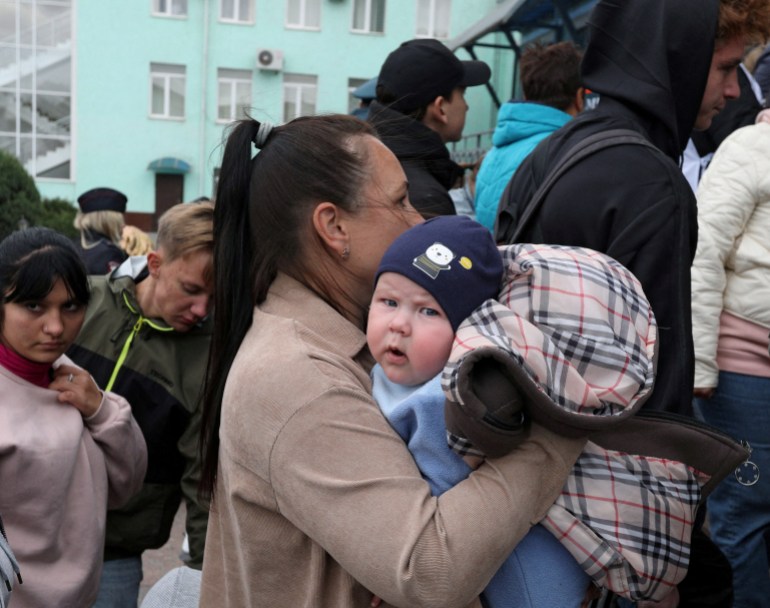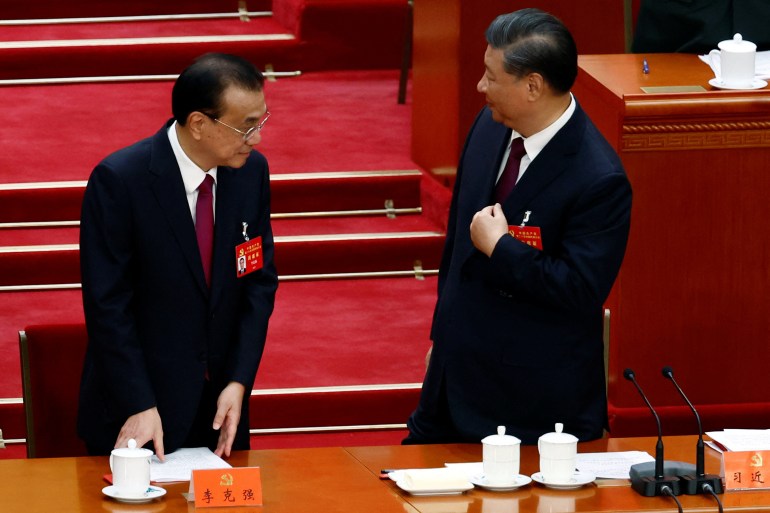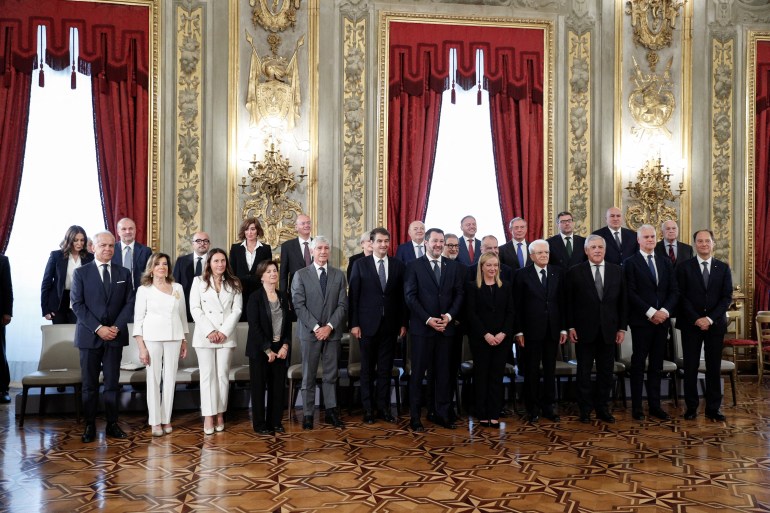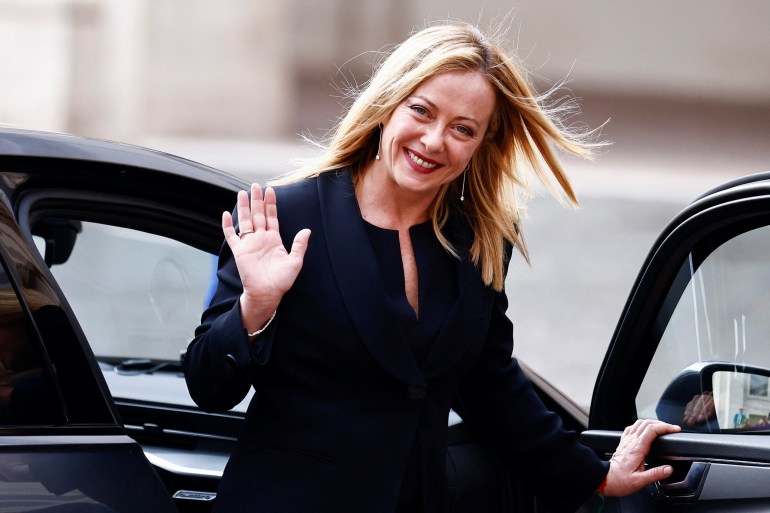The first Boeing Max 737 crashed in Indonesia in October 2018, killing 189, and another crashed in Ethiopia killing 157.
A United States federal court judge has ruled relatives of the 346 people killed in the crashes of two Boeing 737 Max planes in Indonesia and Ethiopia are representatives of crime victims under federal law and should have been told about private negotiations over a settlement that spared Boeing from criminal prosecution.
The full impact of the ruling on Friday is not yet clear, however. The judge said the next step is to decide what remedies the families of victims should receive for not being told of the talks between the US government and Boeing.
The first Boeing Max 737 crashed in Indonesia in October 2018, killing 189, and another crashed five months later in Ethiopia, killing 157.
All Boeing 737 Max jets were grounded worldwide for nearly two years. They were cleared to fly again after Boeing overhauled an automated flight-control system that activated erroneously in both crashes.
Relatives are pushing to scrap the US government’s January 2021 settlement with Boeing and have expressed anger that on one in the company has been held criminally responsible for the two crashes.
Boeing Co., which is based in Arlington, Virginia, did not immediately respond to a request for comment on the judge’s ruling.
Boeing, which misled safety regulators who approved the Max, agreed to pay $2.5bn including a $243.6m fine. The US Justice Department, in return, agreed not to prosecute the company for conspiracy to defraud the government.
The Justice Department, in explaining why it did not tell families about the secret negotiations with the company, argued the relatives were not crime victims.
However, US District Judge Reed O’Connor in Fort Worth, Texas, said on Friday that the crashes were a foreseeable consequence of Boeing’s conspiracy, making the relatives representatives of crime victims.
“In sum, but for Boeing’s criminal conspiracy to defraud the FAA, 346 people would not have lost their lives in the crashes,” he wrote.
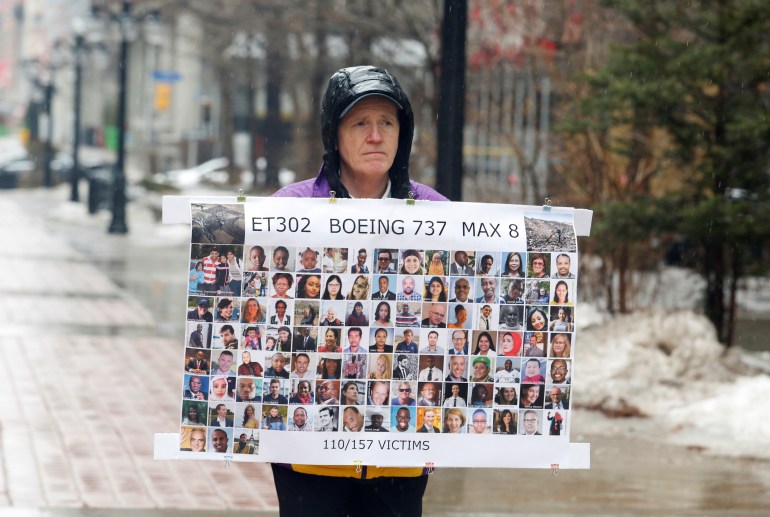
Boeing did not disclose key details to the Federal Aviation Administration of a safety system called MCAS, which was linked to both fatal crashes and designed to help counter a tendency of the MAX to pitch up.
“Had Boeing not committed its crime” pilots in Ethiopia and Indonesia would have “received training adequate to respond to the MCAS activation that occurred on both aircrafts”, O’Connor ruled.
Paul Cassell, a lawyer for the families, said the ruling “is a tremendous victory” and “sets the stage for a pivotal hearing, where we will present proposed remedies that will allow criminal prosecution to hold Boeing fully accountable”.
Irish woman, Naoise Connolly Ryan, whose husband, Mick Ryan, a senior engineer with the United Nations’ World Food Programme, died in the second Max crash in Ethiopia, has long campaigned that Boeing is responsible for her husband’s death.
“Families like mine are the true victims of Boeing’s criminal misconduct, and our views should have been considered before the government gave them a sweetheart deal,” she said in a statement issued by a lawyer for the families.
Connolly Ryan had been offered, along with all bereaved families, a substantial cash settlement from Boeing, which she had turned down saying that she wanted justice, according to the News
Shareholders of the company had accused Boeing Co. directors of lying about the company’s oversight of its 737 Max 8 airliner and had participated in a misleading public-relations campaign following two fatal crashes involving the plane.
According to unsealed court filings, Boeing’s board was accused of ignoring red flags about the 737 Max, failing to develop adequate tools to evaluate safety on the planes, and did not properly hold former executives accountable for a public-relations campaign that pushed back against criticism of the plane’s design flaws, Bloomberg reported.




